We’re still shipping strong – secure, discreet delivery + free shipping over $150!
At Good Friday Wellness, our mission is simple — make every day a Good Friday. We believe in forward-thinking, research-backed approaches to wellness, grounded in nature, science, and community. This guide tackles a question we hear often: Can you sleep on shrooms?
While magic mushrooms are celebrated for inspiring altered states, creative breakthroughs, and emotional healing, they also have a significant influence on your sleep stage cycles, mental health, and overall well being. Here, we’ll break down how psilocybin mushrooms affect your body, what psilocybin on sleep really means, and the side effects you should know before your next journey.
When you consume psilocybin mushrooms, your body converts psilocybin into psilocin, which interacts with serotonin receptors and influences the central nervous system. These interactions are powerful enough to shift mood, perception, and even the way your brain works during the night.
Research shows that psilocybin on sleep often leads to prolonged REM sleep latency — meaning it takes longer to reach the first sleep stage where dreaming happens. Other studies suggest reduced deep sleep time and altered REM sleep patterns, both of which can affect memory consolidation and next-day mental clarity.
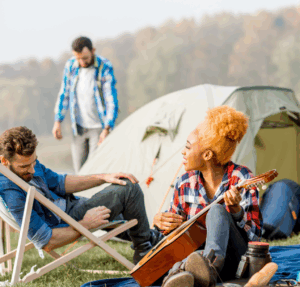
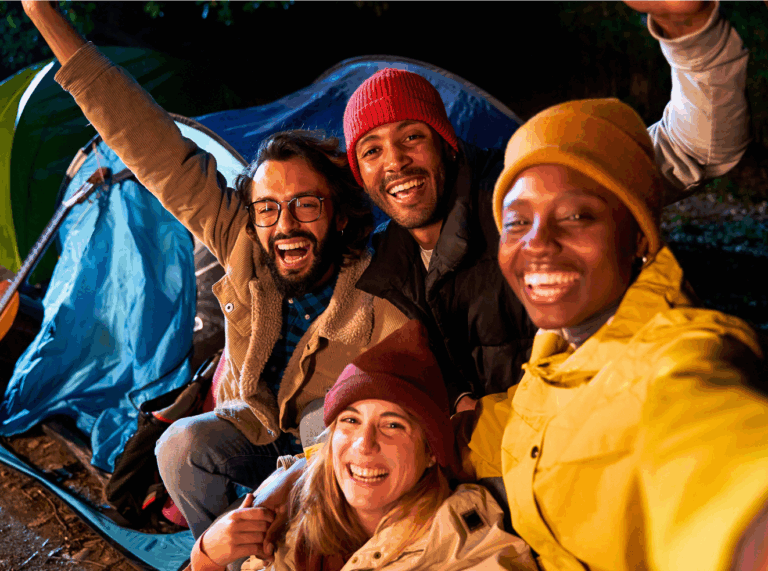
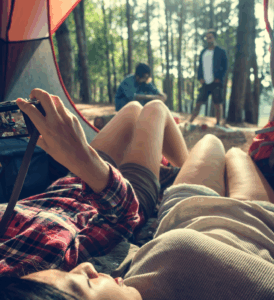

Sleep isn’t a single state — it’s a sequence of sleep stages your body cycles through. When exploring the impact of psilocybin, researchers have noted changes in:
These shifts can be positive or negative depending on timing, dose, and your mental health conditions. For example, some people report improved mood and reduced depressive symptoms after a trip, while others experience sleep disturbances for a night or two.
As a psychedelic drug, psilocybin heightens brain activity and emotional processing, which can make it harder to fall asleep during the trip. Common reasons include:
These physiological and psychological changes are why most people can’t fall asleep until psilocybin’s primary effects fade, usually 6–8 hours after ingestion.
Whether you feel restored or restless after a mushroom journey depends on several factors:
Some users experience a “psychedelic afterglow” — a calm, uplifted mental state that improves sleep quality in the following nights. Others feel sleep worse outcomes, particularly those with sleep disorders or existing mental health disorders.
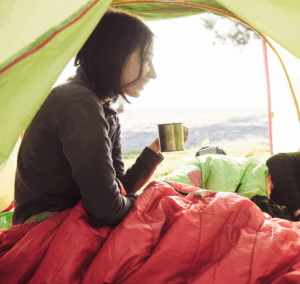
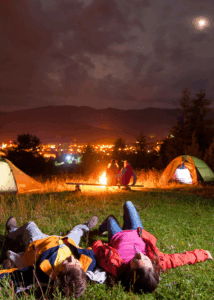
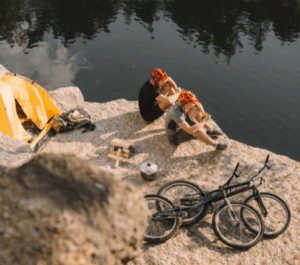

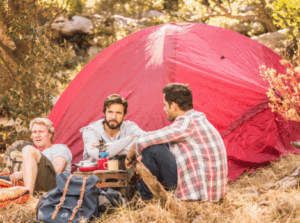
Ongoing clinical trials are studying psilocybin administration for treatment resistant depression, major depressive disorder, and anxiety. Sleep is often monitored alongside mood, and findings suggest:
These studies underscore psilocybin’s therapeutic potential but also its complexity. Responsible use and professional guidance are key, especially for individuals with heart disease, substance abuse history, or severe mental health conditions.
Like all powerful natural compounds, psilocybin has side effects. These can range from mild to severe, including:
If you’re concerned about interactions, especially with drug tests or the detection window for drugs, it’s worth noting psilocybin typically doesn’t appear on standard screenings but can be tested for in specialized labs.
Combining psilocybin mushrooms with other substances can amplify both effects and risks. Alcohol may blunt the introspective benefits; stimulants can worsen sleep disturbances; and certain prescription medications may cause unpredictable interactions.
For a safe, restorative experience, Good Friday Wellness recommends avoiding poly-drug use and allowing your body to process psilocybin fully before introducing anything else.
If falling asleep after your journey is a priority:
The psychedelic experience is more than visual effects — it’s a shift in perception, thought patterns, and emotional processing. Altered states achieved through psilocybin often spark insights that ripple into daily life, impacting mental health and even how the brain works long after the trip.
Good Friday Wellness sees these moments as opportunities for growth, provided they’re integrated with intention, self-care, and community support.

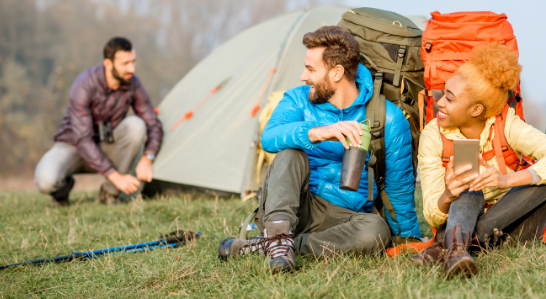
So — can you sleep on shrooms? Technically yes, but not during the peak of a trip. Most people find psilocybin mushrooms affect their sleep stages, delaying REM sleep and making it harder to fall asleep until the experience has ended.
As a psilocybin-focused wellness brand, we believe informed, intentional use is the safest path. By understanding psilocybin on sleep, respecting its side effects, and supporting your body with mindful recovery, you can align your psychedelic journey with your overall wellness goals.
At Good Friday Wellness, we invite you to approach psilocybin administration as both a science and an art — blending research, respect, and community to create meaningful change in your life.
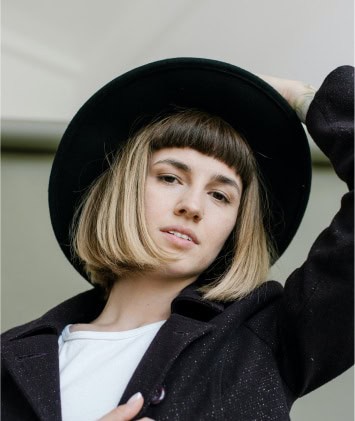

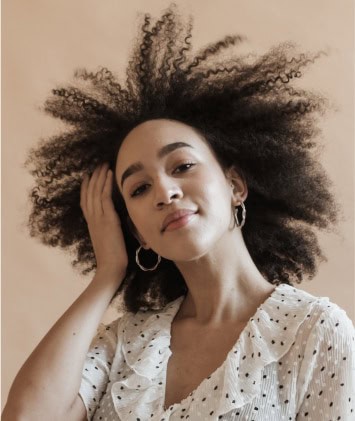
Embracing Wellness as the Standard.
Can we email you our quick start guide and a discount on your first order?
Wellness Reimagined, Life Redefined.
We are excited to support your major wellness shifts with modest doses.
By submiting you agree to our privacy policy. Your information is safe with us and you can unsubscribe at any time.
Harmonize Your Health, Naturally.
Almost done! We’ve just sent you an email to confirm your address.